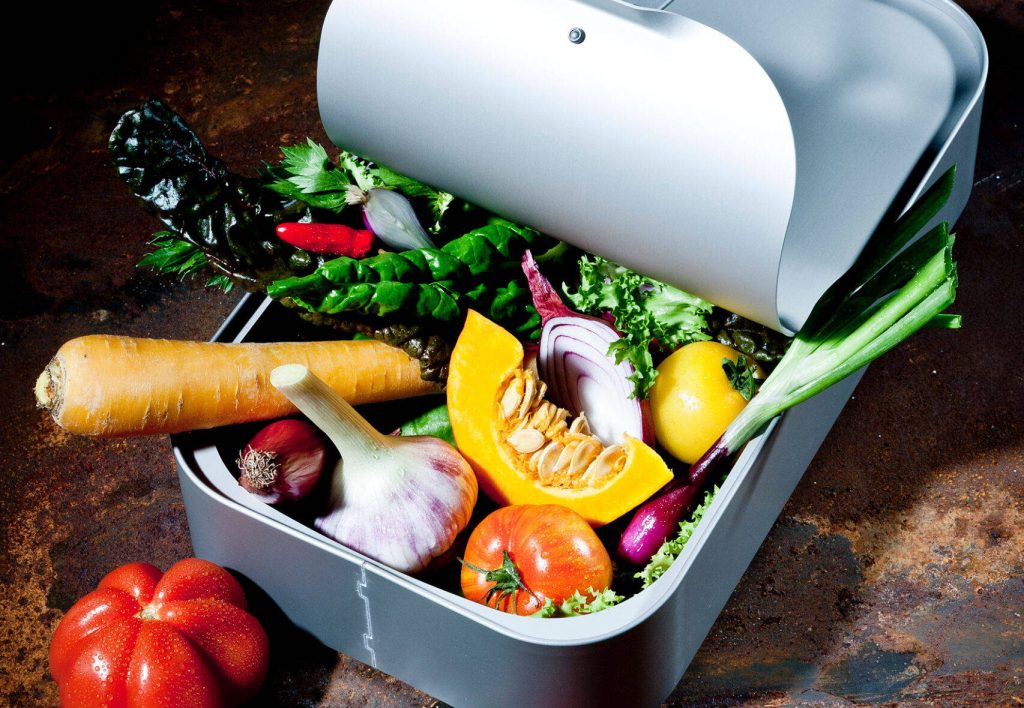Organic (www.bio-austria.at) is on everyone’s lips. Food from organic farming that does not use synthetic pesticides and fertilizers is becoming increasingly popular. But what does organic really mean? And what role does organic actually play? And is organic really better? We have the answers to exactly these questions.
Organic means (according to Bio Austria) that production, processing and labeling are regulated by clear legal guidelines and that compliance is checked by independent inspection bodies from the field to the shelf. However, organic also means that the special way in which food is produced protects the basis of life for us all: for example, fertile soil, clean groundwater or the diversity of species and varieties.
Organic food is not only produced according to strict legal guidelines, but is also clearly labeled. Anyone who knows these labels can easily distinguish genuine organic food from pseudo-organic products. Every genuine organic product can be recognized by the “organic label” and the “organic inspection body”. For easier recognition, many products are also clearly marked with their own organic identification marks.
The most important organic identification marks in the domestic trade are the EU organic logo, the AMA organic logo and the BIO AUSTRIA logo. You can find the logos here.
The monthly expenditure on organic products per household in Austria has risen in recent years from an average of 93 euros in 2011 to 190 euros in 2020. There are around 24,500 organic farms in Austria, which corresponds to a share of around 23 percent of all farms. According to the latest Eurostat data, the Republic uses just under a quarter of its agricultural land for organic farming, making it the EU leader.
Organic products achieve the highest share in direct sales or specialized trade. Almost a quarter of the goods traded in this distribution channel come from organic production. An estimated three percent of food purchased for the catering trade is organic. In food retailing, the proportion of organic products is nine percent.
If it says organic on the label, it's organic inside. This also applies to discounter goods. This is because EU legislation also applies to organic private labels in the food retail sector. This means that all products, regardless of whether they are from the supermarket or not and bear an organic label, meet the minimum legal requirements.
Only the terms “organic” and “ecological” are protected by law and guarantee the controlled organic origin. “From near-natural cultivation”, ‘from environmentally friendly agriculture’, ‘from sustainable agriculture’ or ‘from controlled cultivation’ do not exclude or guarantee a defined organic farming method.
www.bio-austria.at
www.bio-info.at
www.statista.com

Las Vegas is known for its long nights, which makes places that do mornings really well all the more important. Between the Strip and downtown, there are a surprising number of spots where breakfast and coffee are not just an afterthought, but are deliberately celebrated. It’s these places that make all the difference: quiet, high-quality, and offering just the right amount of enjoyment before the day gets going.
Fine dining, steak, sushi, Mexican cuisine, and Italian dolce vita – Las Vegas has long been more than just buffets and shows. We sampled some of the city’s most exciting restaurants – from complex Chinese flavors and traditional American steakhouses to Japanese presentation and Mexican sensuality.
Vegan and reduced-sugar desserts that last, shine, and impress guests: Sugar is not the enemy, but it is not the solution either. Modern patisserie thinks ahead—more precisely, more plant-based, more consciously.
Away from the “sugar = taste” reflex, toward texture intelligence, aroma control, and clean technique. Modern patisserie works vegan, reduced-sugar—and often completely without classic table sugar. The matrix, process, and calculation are crucial. About desserts that perform professionally: stable, precise, highly aromatic.


Organic (www.bio-austria.at) is on everyone’s lips. Food from organic farming that does not use synthetic pesticides and fertilizers is becoming increasingly popular. But what does organic really mean? And what role does organic actually play? And is organic really better? We have the answers to exactly these questions.